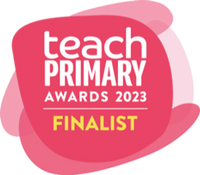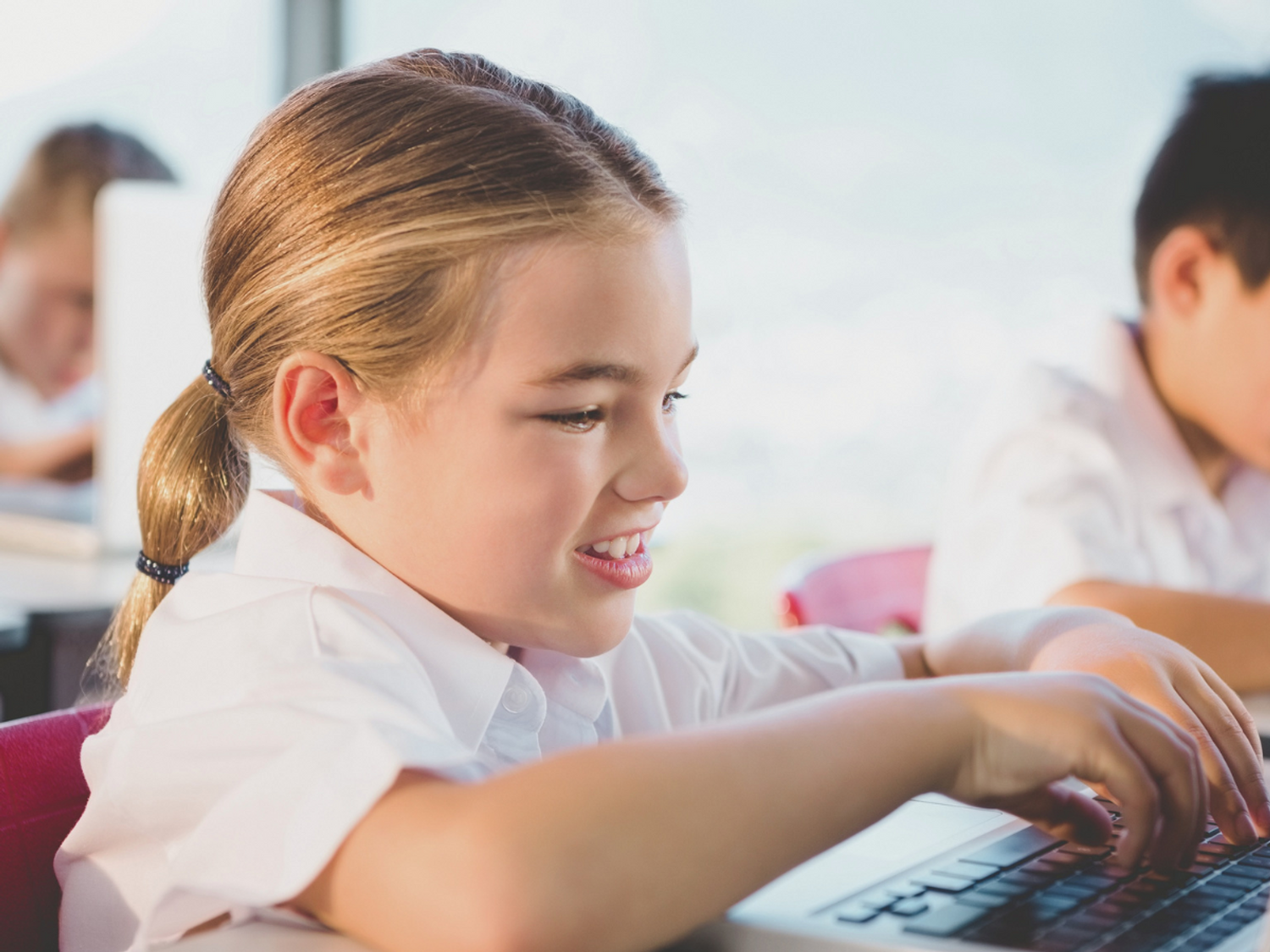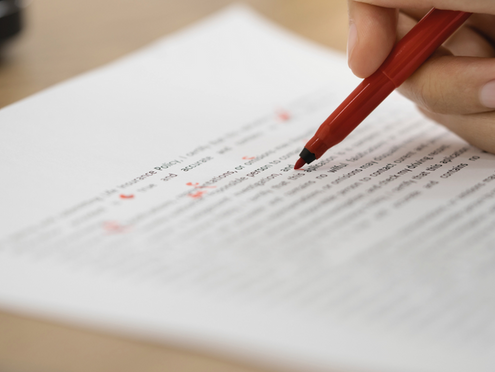If this was true in 2014, it is absolutely true eight years later!
There’s no denying that social media has changed the way learners communicate - and while some may be tempted to discourage or ignore the prevalence of social media in young people’s lives, it isn’t going anywhere.
In fact, social media, when used alongside strong literacy skills, has the potential to be a great avenue for learners to practise their communication.
As learners grow and encounter new types of literacy, it’s important that teachers keep up with these forms of media - this means explicitly teaching the literacy skills learners need to navigate social media.
What makes social media literacy unique?
The types of social media literacy depend on the platform your learners are using.
If your learners use Twitter, the types of writing they’ll encounter will differ from the long-form texts encountered at school. Tweets have a maximum of 280 characters, which limits the amount of text that can be in one tweet - this will change the way the sentence is structured, and might require more implicit knowledge and inference than a piece of writing that is fully explained. This is an opportunity for students to learn how to express themselves in a concise and precise way - don’t underestimate the power of social media for literacy!
If your learners use Instagram, the writing they encounter could differ drastically from post to post. Some captions on Instagram are as simple as a line, or an emoji, but some posts are full of attention-grabbing short sentences, acronyms and inferences - it’s vastly different from traditional reading, and often far more competitive in the way it is structured to retain learners’ attention.
That is why literacy skills are crucial for navigating social media. Not only do learners need the media literacy to think critically about this type of reading, but they also need the self-motivation skills to enjoy reading despite it. Social media has tools in its arsenal to boost your learners’ literacy, but learners need a foundation of strong literacy skills to make the most of social media, without sacrificing other aspects of their learning.
Why literacy skills are important for social media literacy
These days, learners are entering the world of social media younger and younger. As mentioned above, social media definitely has the potential to benefit learners’ literacy. If used the right way, different social media platforms give learners the opportunity to practise varied methods of communication.
To use social media in a helpful way for their learning, students need to pull from a wide range of literacy skills. Below, we have collated some of the important aspects of literacy learners draw from when navigating social media - with these skills explicitly taught in the classroom, you can feel confident that learners are practising these skills further with their online presence.
1. Critical thinking skills
Learners need the critical thinking skills to know what is real and what is fake. When on social media sites at a young age, learners run the risk of following media which is more “fun” but less factual. With the right critical thinking skills, strengthened through analysing sources, learners can identify reliable and unreliable texts - and, in doing this, consolidate skills they need in subjects such as history.
2. Self-motivation
There is value in the written book versus the captions of a social media platform that can’t be replaced - learners need a consistent structure and a reading routine, whether this is a physical book or an e-book.
Many social media platforms are structured to vie for learners’ attention. With short sentences, slang, images and emojis, it can become difficult for learners to turn to a traditional book over this form of writing.
Giving learners the tools to motivate themselves, as well as teaching learners the value of a traditional book or novel, helps learners find the balance between communication online and in full-length texts.
3. Communication skills
Learners will be communicating with people that in life they would likely not speak to. To navigate these conversations, learners need the communication skills and social media safety knowledge to identify inappropriate conversations and protect themselves online.
As well as this, learners need the metacognitive skills to know that what they say, when shared online, may be misconstrued - and it’s there forever! For something as permanent as the internet, learners must have the literacy skills to think about what they say before they say it.
Even grammar skills like spelling, sentence structure and punctuation can be supported by the right activity on social media.
4. Self-regulation
Coyne et al. found a link between time spent on social media and anxiety, as well as depression. While not explicitly linked to literacy, it has been found that strong literacy knowledge has a positive impact on a learner’s mental health.
Educating your learners about the effects of extended time spent on social media can help to inform their choices. With this knowledge, learners are more able to self-regulate their screen time. This, in combination with having the critical literacy skills to navigate social media, sets learners up for a more positive experience online.
Pros and cons of social media for literacy
Interactions online, such as on a social media platform or through instant messaging, increase the amount of time learners spend converting their spoken words to written speech.
This comes with positives and drawbacks. The increased use of sentence shorteners, acronyms and slang may have a negative impact on learners’ academic writing.
However, the practice of transforming thought words into language is, in principle, a good one. Social media has the potential to help students have a more positive attitude towards writing, as well as more confidence.
If that isn’t good enough, some social media platforms have generated sub-communities all about reading, such as Book Twitter and BookTok, which confirms, at least to me, that even when given the option of social media, some learners truly love books, and this is extremely encouraging for the next generation of adults.
It’s important to remember that online learning, whether it’s using edtech tools such as Bedrock Learning or just browsing the web, can be incredibly beneficial when young people have the skills and support to navigate it.




